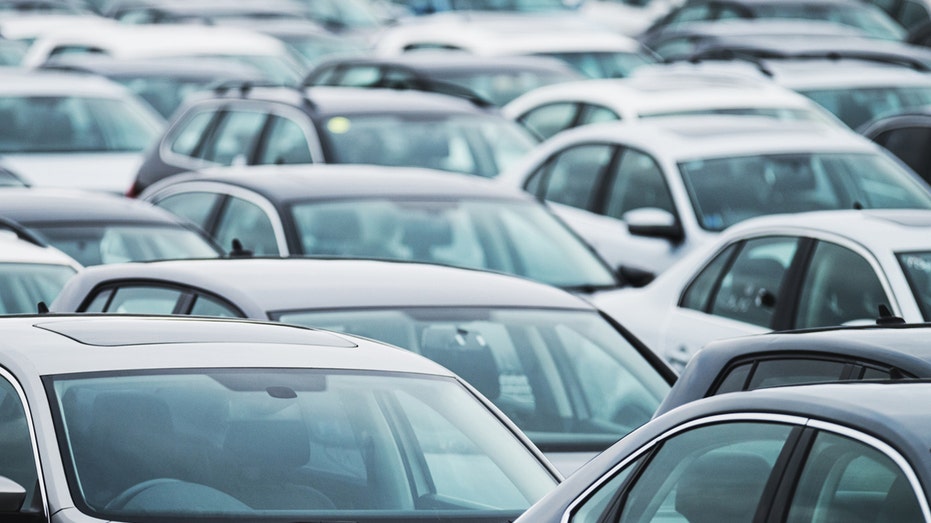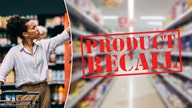Boar's Head recalls 7 million pounds of deli meat linked to listeria outbreak
New Yorkers are feeling the pinch in their pocketbooks after a listeria outbreak has affected 7 million pounds of cold cuts. (Credit: WNYW)
Recalls are issued when manufacturers discover a safety concern associated with the product.
When recalls go out to the public, consumers can often return the product for a refund, or they are advised to safely dispose of it.
There are a slew of reasons why a product could be recalled. When it comes to food recalls, those are issued by either the U.S. Food and Drug Administration (FDA) or the U.S. Department of Agriculture (USDA). All food recalls are issued by the FDA, except for meat, poultry and processed egg products, which the USDA regulates.

Product recalls are important to pay attention to in order to keep yourself and your family safe. (iStock / iStock)
BABY POWDER SOLD ON AMAZON RECALLED DUE TO POTENTIAL ASBESTOS CONTAMINATION
If food is recalled, that means that it is in violation of the FDA or USDA's regulations.
One reason why food could be recalled could be that it is contaminated with disease causing microorganisms, such as bacteria, viruses or parasites, according to the FDA.
Additionally, there could be a foreign object, such as broken glass or fragments of metal or plastic found in food, according to the FDA, which would also lead to a recall.
PET FOOD RECALLED OVER POSSIBLE SALMONELLA, LISTERIA CONTAMINATION
Lastly, another reason why foods are recalled is that a major allergen, like peanuts or shellfish that is in the product was not properly listed on the label, the FDA notes on its website.
You can find all the food recalls on the FDA and USDA's websites. Here, you'll be able to read more about the specific recall you are concerned about, with instructions on what to do next. Often, food can be returned to the store, and consumers can get a full refund. If not, recalled products should be safely thrown in the trash.

Consumers can find more information about product recalls online through the agency that issued it. (iStock / iStock)
Toys and household product recalls are regulated by the Consumer Product Safety Commission (CPSC).
If the CPSC receives many complaints about a specific product, they will open an investigation and determine whether a recall needs to be issued.
If you have small children, keep an eye out for toy recalls listed on the CPSC website. A toy could be recalled for reasons such as a dangerous chemical found in the product or a small part that could be a choking hazard for small children.
On the CPSC site, consumers can read more about product recalls, and also find out next steps to take. Similar to food, toys and household products that are recalled can often be returned for a refund.

If your car is recalled, you'll often receive a notice in the mail with details and instructions on what to do next. (iStock / iStock)
Auto recalls are another to look out for.
GET Gxstocks ON THE GO BY CLICKING HERE
Auto recalls are issued by the National Highway Traffic Safety Administration (NHTSA). Consumers can submit safety concerns through the NHTSA, and they will open an investigation if necessary, according to Progressive.
Typically, if your car is recalled, you will receive a notice in the mail with detailed information about the recall and what to do next.
Often, the next step consumers take if their vehicle is recalled is to get it repaired by the manufacturer for no cost.




